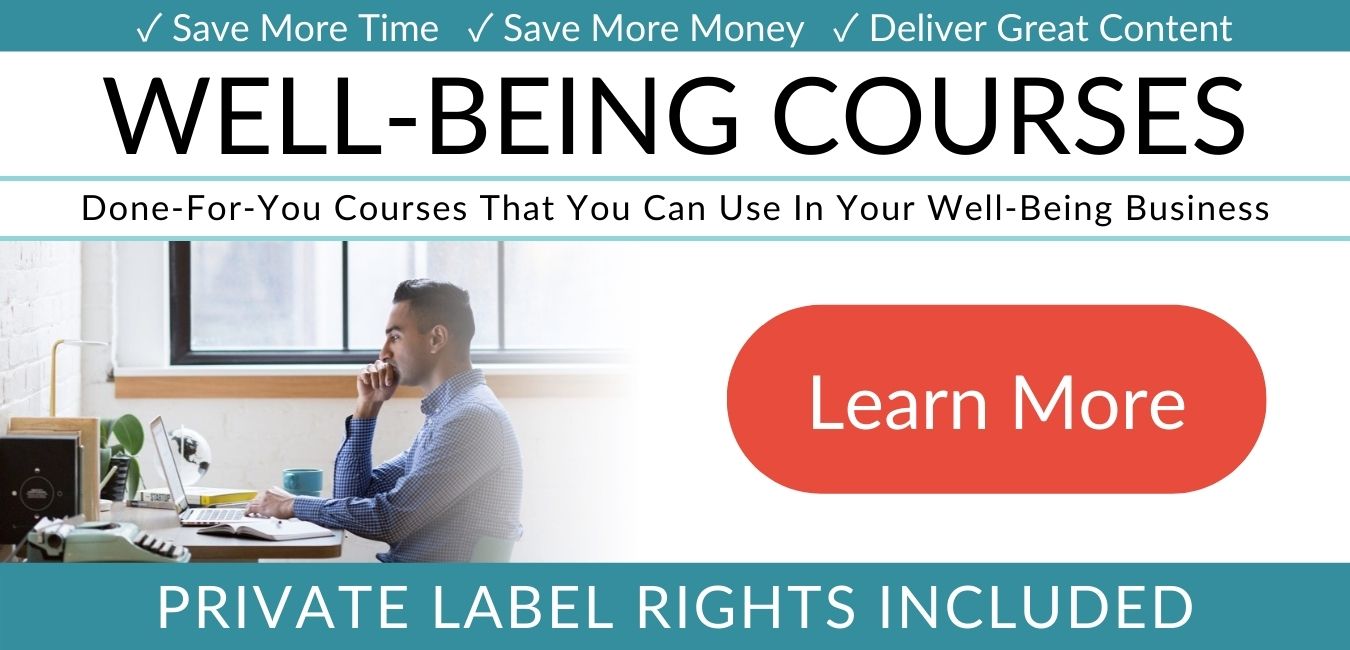Vulnerability: Definition & Tips (from Brene Brown & Others)By Arasteh Gatchpazian, M.A., Ph.D. Candidate
Reviewed by Tchiki Davis, M.A., Ph.D. Is being emotionally vulnerable the same thing as being weak? What exactly is vulnerability and can it help us in daily life? Keep reading to find out.
*This page may include affiliate links; that means we earn from qualifying purchases of products.
Are You a Therapist, Coach, or Wellness Entrepreneur?
Grab Our Free eBook to Learn How to
|
Are You a Therapist, Coach, or Wellness Entrepreneur?
Grab Our Free eBook to Learn How to Grow Your Wellness Business Fast!
|
Terms, Privacy & Affiliate Disclosure | Contact | FAQs
* The Berkeley Well-Being Institute. LLC is not affiliated with UC Berkeley.
Copyright © 2024, The Berkeley Well-Being Institute, LLC
* The Berkeley Well-Being Institute. LLC is not affiliated with UC Berkeley.
Copyright © 2024, The Berkeley Well-Being Institute, LLC




